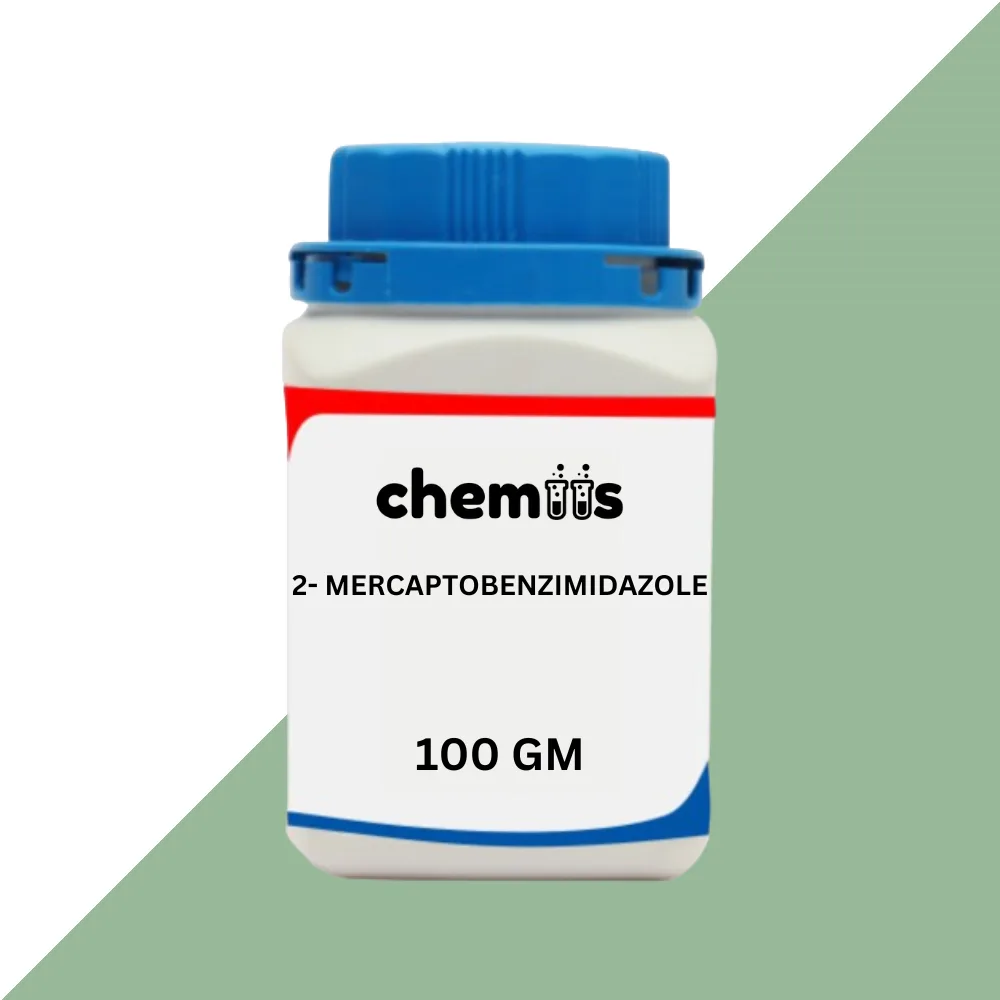2-Mercaptobenzimidazole (2-MBI) is a heterocyclic compound with diverse industrial applications, primarily valued for its sulfur content, corrosion inhibition, and antioxidative properties. Its roles span across the rubber, lubricant, and chemical industries, as well as in corrosion protection.
- Rubber Industry
- Used as an antioxidant in rubber compounding to improve aging resistance and prevent oxidative degradation.
- Enhances the lifespan of rubber products by protecting against cracking and loss of elasticity.
- Corrosion Inhibition
- Acts as a corrosion inhibitor for metals, particularly in acidic environments, by forming a protective film on the metal surface.
- Commonly used in cooling water systems, boilers, and industrial equipment.
- Lubricant Additives
- Included in lubricants and greases to improve oxidation resistance and thermal stability, ensuring longer operational life.
- Chemical Intermediate
- Serves as a precursor or intermediate in the synthesis of other organic compounds, dyes, and pharmaceuticals.
- Electronics and Specialty Applications
- Utilized in the formulation of materials requiring antioxidative properties, such as electronic components and specialized coatings.
Safety and Handling Instructions
- Personal Protection:
- Use gloves, goggles, and protective clothing to minimize skin and eye contact.
- Ensure proper ventilation or wear a respirator to avoid inhalation of dust or fumes.
- Storage:
- Store in a cool, dry place, away from heat and direct sunlight.
- Keep in a tightly sealed container to prevent contamination and degradation.
- First Aid Measures:
- Skin Contact: Wash thoroughly with soap and water. Remove contaminated clothing.
- Eye Contact: Rinse immediately with plenty of water for at least 15 minutes and seek medical attention if irritation persists.
- Inhalation: Move to fresh air. If breathing is difficult, seek immediate medical attention.
- Ingestion: Rinse mouth; do not induce vomiting. Seek prompt medical care.
- Fire and Spill Control:
- Non-flammable but may decompose under high heat to release toxic fumes (e.g., nitrogen oxides and sulfur oxides).
- For spills, collect carefully to minimize dust and dispose of in accordance with local regulations.


















Reviews
Clear filtersThere are no reviews yet.